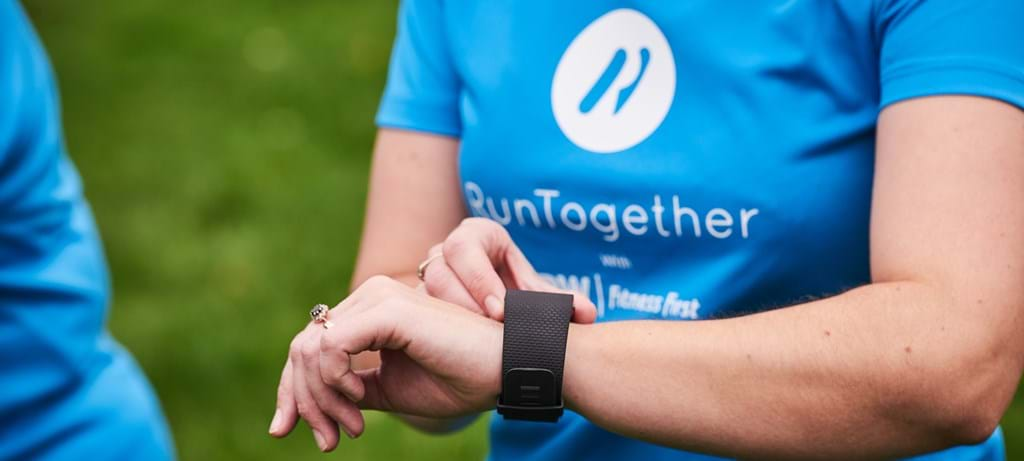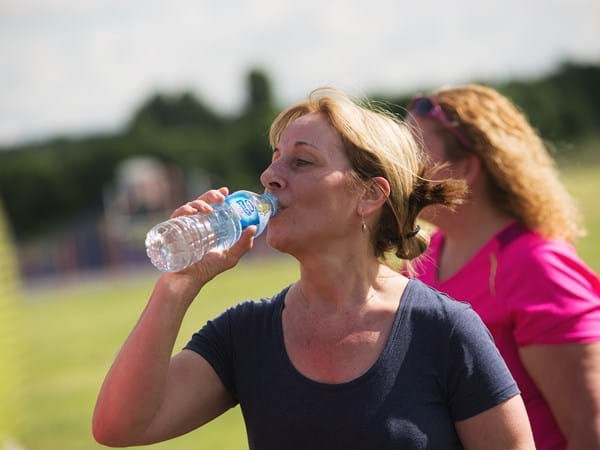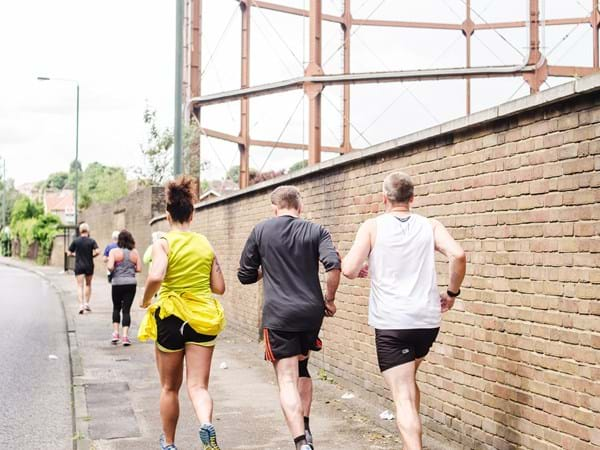
Why is it so hard making time to run?
RunTogether Ambassador, Alex Rotas explores.
Why indeed? It’s a good question. Why do we find it so difficult making time to run? And are ‘we’ all the same, or do some of us find it easier to make time to run while others of us find it well-nigh impossible?
I’m wondering of course whether this question has gender-related differences in response as well as age-related ones. Hey, could be we’re dealing with intersectional issues here, namely that there are a whole load of factors that each of us faces when making choices about our day-to-day fitness regimen. There’s not just one depending, let’s say on our gender or our age or our sexuality or level of fitness (to pluck just a few at random).
So, I’ll out myself for starters as an older, white, straight, single woman who’s doing freelance work and still busy. And I’ll tell you the running tips that worked for me so that we can compare notes.
![P1000672[1].jpg](/media/156096/p1000672-1.jpg?anchor=center&mode=crop&width=600&heightratio=.75&rnd=131376991240000000)
How to make time to exercise?
What’s worked for me was when I made a big shift in attitude. This occurred when I stopped looking on running as a luxury, something to squeeze into an already busy day. I started looking on it as a necessity. Hitting 60 a few years back and realising that I still might have 35 years or so ahead of me was a bit of that old cliché, a wake-up call. It really made me think about how I wanted the quality of those years to be.
I realised that I needed some sort of fitness programme built into my week. Without it, I might well end up with the increased life-span we’re all being promised, but lose out on the increased health-span side of things. Who wants to live lots of years just for the sake of it? Not many of us, I’ll wager. We want to be healthy, to remain independent and to have a functioning mind and body so that we can really enjoy these extra years
This change in attitude evaporated the guilt I’d often feel when I make time for running. In the past, exercising had seemed almost like an indulgence. It was something I could do after I’d done all the other things I really had to do. Now I was making it one of those things I really had to do.
This isn’t the place for me to list the benefits of running. If you’re on this site, chances are good you’ll know about the physical, mental, and emotional pluses that running brings you – along with the pain. You’ll even know that the pain is part of the pluses: that testing yourself and pushing yourself beyond the point you’d quite like, please, to stop, becomes in itself (and not in a pervy sort of way) part of the pleasure. You learn about yourself and discover you are bigger than you thought you were and that you can do more than you thought you could. And, you become part of a whole big community, one that gets this too and gets your addiction to the whole process, that gets you.

You realise you’re getting fitter, you’re setting yourself up for a healthier older age, and what’s more, you’re less likely to be a ‘burden’. You’re healthier, you feel better about yourself, you’re probably nicer to be around; it’s win-win, everywhere you look. For women like me, brought up to believe that other people’s needs were more important than my own, brought up too to prioritise agility of the mind over agility of the body (hell, to split body and mind up so dramatically in the first place), these realisations are important.
Running no longer remains a luxury, an indulgence, something that takes away from more important priorities in life, whether people or tasks. It morphs into an essential. It is now an important priority to make time for running.
And once it’s an essential, I don’t have to waste emotional energy agonising over whether I should or I shouldn’t grab the moment and go out for a run. I don’t know about you, but shuffling back and forth those ‘shall I, shan’t I, should I, shouldn’t I?’ questions when it comes to doing something for myself has probably consumed not hours or weeks, but months of my life.
I think I was raised to feel guilty. In my case it’s not Catholic guilt or Jewish guilt. It was part-and-parcel of being a good little middle-class, white English girl in the 50s. And it’s stuck. My default position is, or at least has been, one of guilt. So, it’s been truly revolutionary, emancipatory even, casting it off now! A bit late maybe, but better late than never, say I.
I don’t feel guilty any longer when I make time for running. I run because I love it, because I feel so much better after it. I think I’m nicer because of it and because I feel that in many ways, I have to. It’s not an indulgence or a luxury or an add-on. It’s a base-line essential for me now.
I’m hoping that for those of you reading this from a different intersectional background (and who won’t be, right?) that maybe this guilt about taking time for yourself isn’t a factor in getting out for a run. I say ‘I hope’ because, without wishing for a selfish world, one in which we can identify and prioritise our own needs, as well as other people’s, seems to me a good way forwards. But I can only speak for myself of course. And this is how it’s been for me.

So, to the extent that I have any control over this, I’d like to think I’m setting myself up for a healthier old age. Look, humour me here. I’m 68 this year, and at some stage I’m going to have to start thinking about getting old. I’m not talking about yet for a while, obviously. But at some stage, I am, I really am.
Explore more running tips by visiting our tips and advice page.